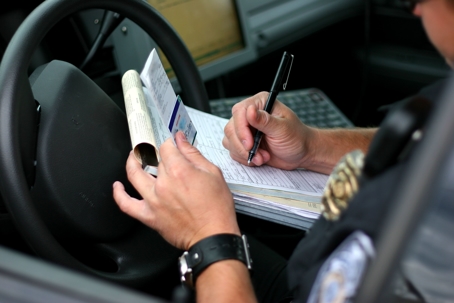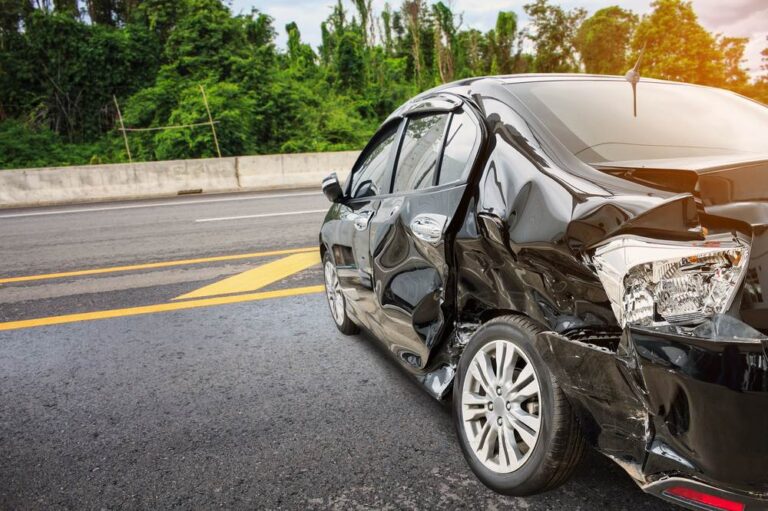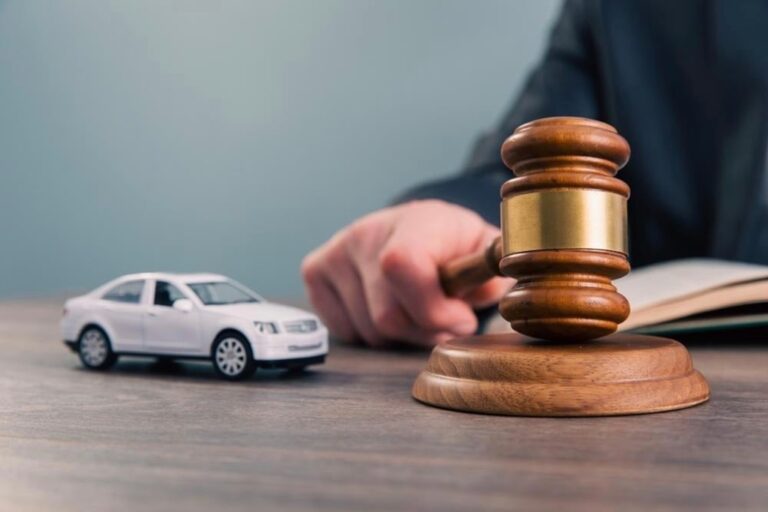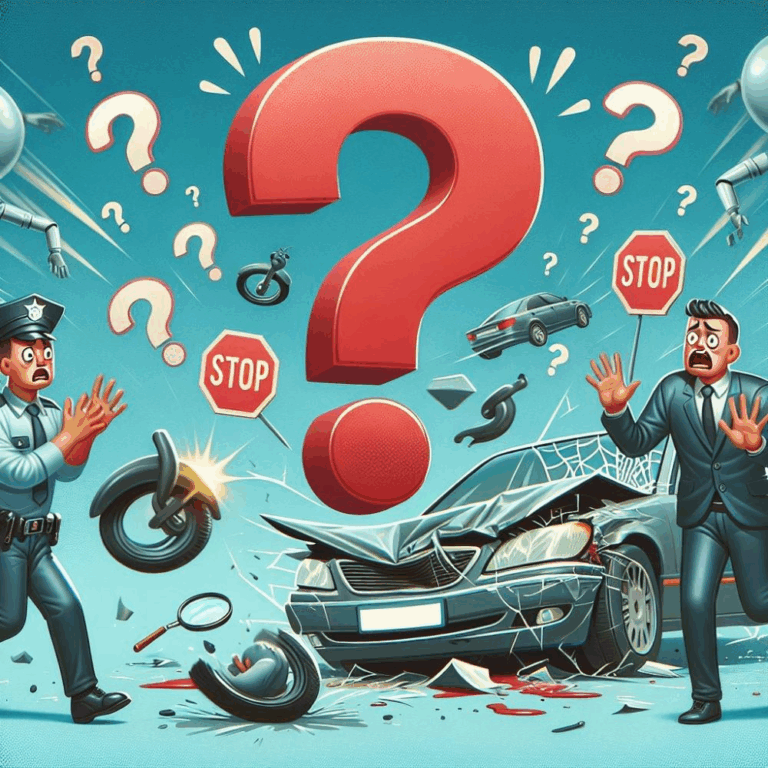When Your Car Becomes Evidence: What to Expect If Your Vehicle is Involved in a Crime

Understanding the Legal Process in Georgia
It’s not something most drivers expect, but your vehicle can become part of a criminal investigation. Whether your car was stolen and used in a crime, involved in a hit-and-run, or contains key evidence, Georgia law enforcement has the right to seize and hold your car during a criminal case. Knowing your rights and responsibilities can help you navigate this situation with confidence.

Common Scenarios Where a Vehicle Becomes Evidence
1. Stolen Vehicle Involved in a Crime
If your car was stolen and later used in a robbery, drug offense, or hit-and-run, police may impound it as part of their investigation.
2. Crash Investigation
Even if you weren’t the driver, your vehicle might be inspected for:
- Damage patterns
- Skid marks and paint transfer
- Evidence of tampering or mechanical failure
3. Items Found in the Car
Illegal substances, weapons, or stolen property found in the vehicle can result in the car being seized—even if you didn’t know they were there.
4. Vehicle as a Crime Scene
In extreme cases, a vehicle may be considered the scene of a violent crime (e.g., a shooting or abduction).

What Happens When Police Seize Your Vehicle
1. Your Vehicle May Be Towed and Impounded
- Law enforcement may tow the vehicle to a secure facility.
- You’ll receive a receipt or impound notice with details.
2. Your Car Will Be Examined for Evidence
- Investigators may collect fingerprints, DNA, video footage, or physical items.
- The process may take days or weeks, depending on the case.
3. You May Be Questioned
- If you’re the registered owner, police may contact you for a statement—even if you weren’t involved in the crime.
- You have the right to remain silent and consult a lawyer before speaking.

Your Rights When Your Car Is Evidence
1. You Have the Right to Be Informed
- Police must tell you why your car is being held and whether it is part of an ongoing investigation.
2. You Can Request the Return of Your Vehicle
- Once police no longer need the car, you can request its return.
- In some cases, you may need a court order to recover it.
3. You Can Challenge a Wrongful Seizure
- If your car was seized without proper legal grounds, your attorney can file a motion for return of property.

Insurance Implications
1. Damage While Impounded
- If your vehicle is damaged while in police custody, it may be difficult to recover costs unless you file a civil claim.
2. Delays in Claims
- Insurance companies may delay your claim until the criminal case concludes.
3. Theft Recovery
- If your car was stolen and later used in a crime, your comprehensive insurance should cover repairs (minus your deductible).

What to Do If Your Car Is Seized as Evidence
1. Contact Law Enforcement
- Ask for the case number and contact info of the investigating officer.
2. Document Everything
- Keep records of all communication, impound notices, and police reports.
3. Call Your Insurance Provider
- Notify them that your vehicle is involved in an investigation.
4. Hire a Criminal Defense or Civil Attorney
- A lawyer can help protect your rights, expedite the return of your car, or challenge the seizure if necessary.

Final Thoughts
Having your car involved in a criminal investigation can be intimidating, but it’s important to know that you still have rights. Whether your car was stolen, used by someone else, or linked to a crime, the key is to stay informed and seek legal advice. Don’t navigate the situation alone—get the help you need.
Need Help?
If your car was seized or is being held as evidence, Car Wreck Cowboys can help. Contact us today for a free consultation to understand your options and protect your property.






